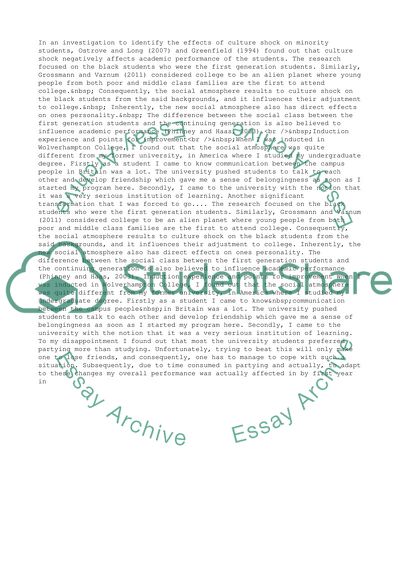Cite this document
(“Personal Development Plan Essay Example | Topics and Well Written Essays - 2500 words”, n.d.)
Retrieved from https://studentshare.org/management/1403319-personal-development-plan
Retrieved from https://studentshare.org/management/1403319-personal-development-plan
(Personal Development Plan Essay Example | Topics and Well Written Essays - 2500 Words)
https://studentshare.org/management/1403319-personal-development-plan.
https://studentshare.org/management/1403319-personal-development-plan.
“Personal Development Plan Essay Example | Topics and Well Written Essays - 2500 Words”, n.d. https://studentshare.org/management/1403319-personal-development-plan.


